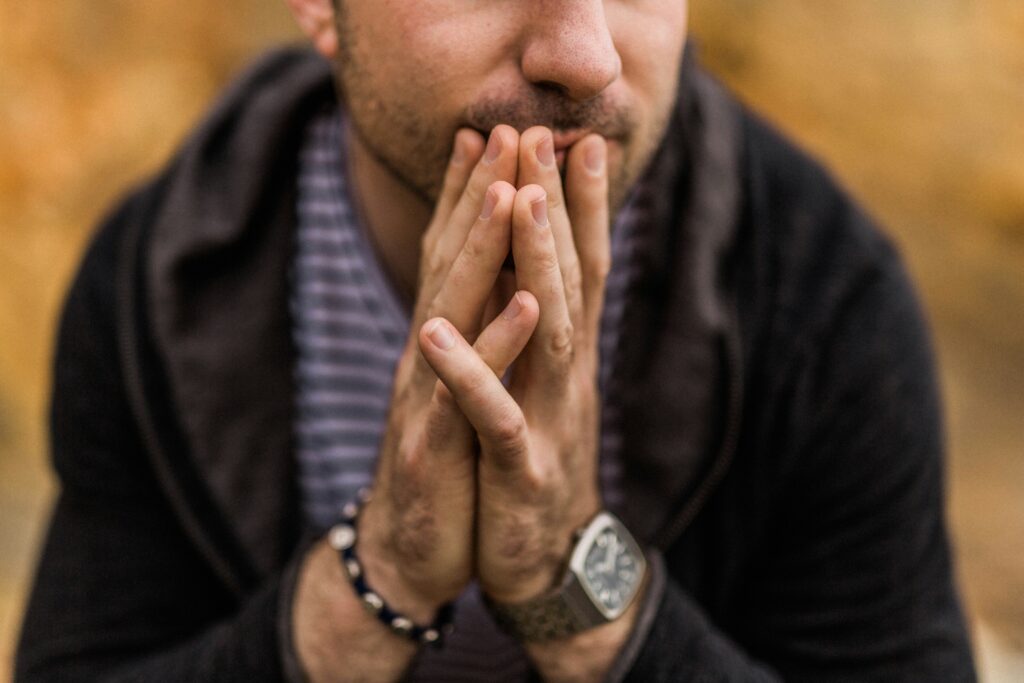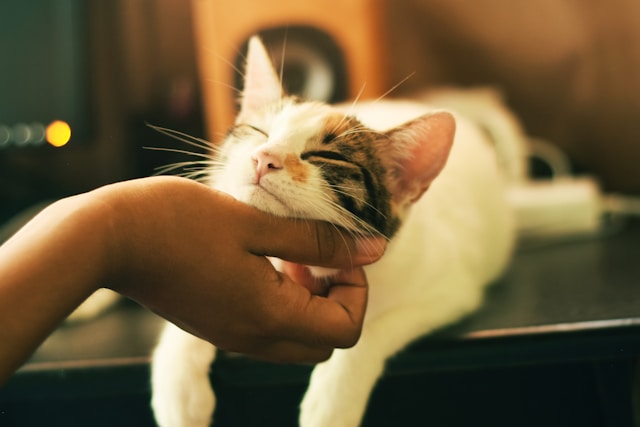ABOUT US
Client Success Stories

What Clients are saying...

Curtis W
Google Review
August 2024

Samantha M
Google Review
August 2024

Sage Counseling delivers its services with the highest degree of excellence. Anyone receiving their services will be benefited in extraordinary ways. It is a life-changing experience that will leave you forever grateful and in the path of success. For whatever walk of life, you choose to follow. Instructors are highly qualified and experienced in delivering the content that truly gives people a new opportunity for living a life of excellence and success. I will recommend SAGE counseling to all of my family and friends.
Ron G
Google Review
July 2024

Success Stories
Shared by our clients

She wanted to gain a better understanding

I don’t have to fight everything anymore

There has to be a better way

SAGE gave me my life back

Do the hard work once the gate opens
NOTICE
The SAGE offices will be closing early on Wednesday, December 31st and closed on Thursday, January 1st in observance of the New Year.
By visiting our site, you agree to our privacy policy regarding cookies, tracking statistics, etc.
